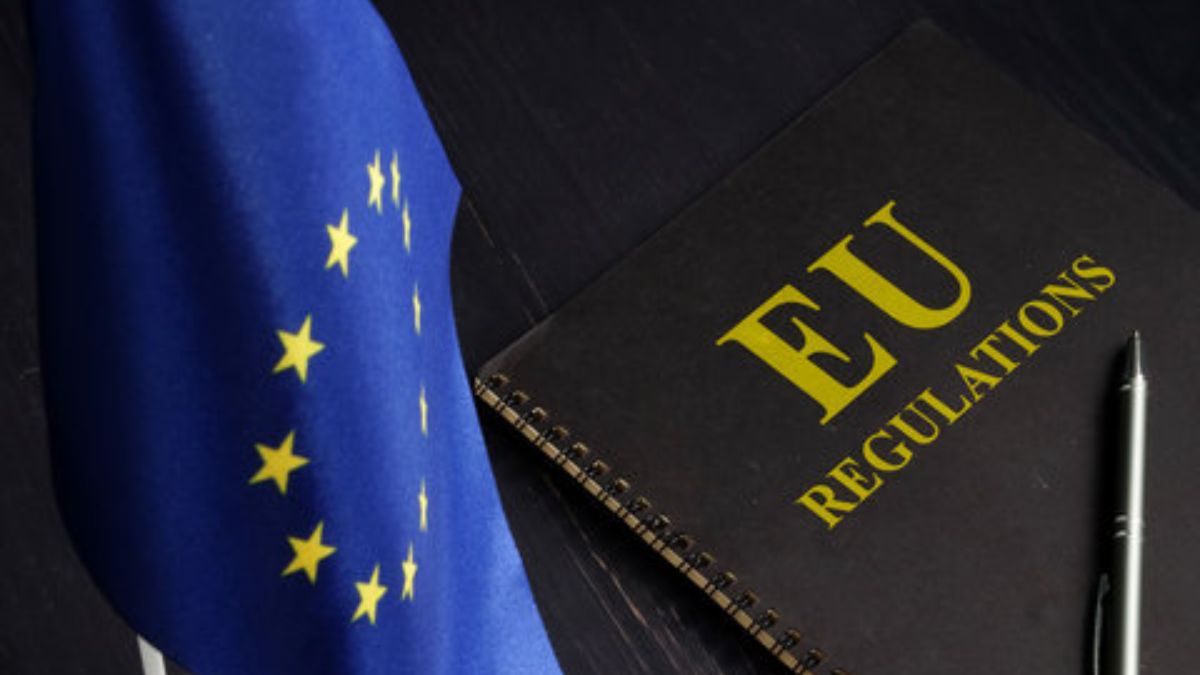Necessary Always Active
Necessary cookies are required to enable the basic features of this site, such as providing secure log-in or adjusting your consent preferences. These cookies do not store any personally identifiable data.
|
||||||
|
||||||
|
||||||
|

Meta and TikTok have won the EU tech fees challenge. According to Reuters, the two social media giants had filed a legal complaint challenging the European Commission’s formula for calculating a supervisory fee imposed on them under the European Union’s groundbreaking tech rules. Despite the win, the two social media companies will not receive any refunds as regulators recalculate the Digital Services Act fee.
Meta and TikTok sued the European Commission after the regulator imposed a supervisory fee of 0.05% of their global annual net income. The penalty was aimed at meeting the cost of monitoring the compliance of the social media platforms with the Digital Services Act.
In its calculation, the European Commission had based the annual fee on the average number of monthly active users for each platform. The regulator also based the calculation on profitability. Both companies called the regulator’s calculations as flawed, claiming that the formula applied had resulted in disproportionate charges.
The European General Court, which is based in Luxembourg, agreed with the social media giants. In its ruling, the court upheld the principle behind the fee and the amount imposed. Although the EU court did not annul the decision on DSA fees, it mandated the regulators to undertake procedural corrections and allowed them a year to formalize the calculations through appropriate legal channels.
“That methodology should have been adopted not in the context of implementing decisions but in a delegated act, in accordance with the rules laid down in the DSA,” EU General Court Judges said. The judges also said that as they develop a new legal justification for the method used to establish the supervisory fee, EU regulators don’t have to repay the 2023 fees already paid by the two companies.
The European Commission views the Meta-TikTok court ruling on EU fees as a validation of its supervisory fee structure. The Commission said that the EU General Court had confirmed that its formula for the supervisory fee is sound and no fault was found with the amount or the principle behind the fee.
“The Court’s ruling requires a purely formal correction on the procedure. We now have 12 months to adopt a delegated act to formalise the fee calculation and adopt new implementing decisions,” a European Commission spokesperson said. The Digital Services Act became effective in November 2022. The law requires large platforms to moderate online content and carries a non-compliance penalty of up to 6% of global turnover.
Cases entailing big tech companies vs EU regulations are becoming common as major companies oppose stringent European laws. In June 2025, Meta’s Pay-or-Consent model faced backlash after the EU warned of daily fines if the regulator ascertained that it was not compliant. The social media giant claimed that the European Commission had been shifting goal posts during engagements conducted over a two month period. Meta also accused the Commission of discriminating against it, a claim that the Commission dismissed, arguing that the Digital Markets Act applies equally to all tech companies.
In July 2025, Meta pushed back on tough EU rules by announcing a ban on ads related to elections, politics, and social issues in the region. Meta’s decision was informed by the legal uncertainties resulting from EU rules on political advertising.The social media giant welcomed the EU General Court ruling.
Meta’s spokesperson said, “Currently, companies that record a loss don’t have to pay, even if they have a large user base or represent a greater regulatory burden, leaving others to pay a larger and disproportionate amount of the total. We look forward to the flaws in the methodology being addressed.”
TikTok also welcomed the ruling saying it will be following the “development of the delegated act” closely. Other U.S. tech giants that are required to pay the EU’s supervisory fee include Apple, Amazon, Microsoft, Snapchat, X, Pinterest and Google.